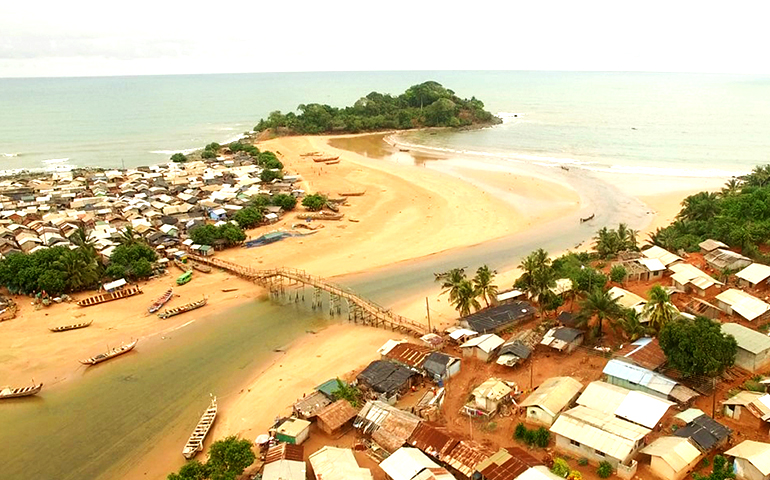Rationale
West Africa’s coastal areas are home to about one-third of the sub-region’s population. Over 42% of the sub-region’s GDP is generated from coastal resources. The coast hosts major cities, ports, agro-industries, fisheries, offshore petroleum exploration and production. Despite these benefits, the coastal zones face growing challenges such as pollution of vital coastal ecosystems limiting economic growth, erosion and declining livelihoods. Unfortunately, expertise in resolving some of these challenges is limited.
The University of Cape Coast has the advantage due to its unique geographical location to train the much needed human resource to address these challenges. The M.Phil. programme in ICZM is therefore designed to fill this gap in order to promote socioeconomic development in coastal areas of the sub-region.
Goal/Objectives
The goal of the M.Phil. Programme in ICZM is to train middle and senior level manpower to address the challenges within the coastal sector with emphasis on the principles and practice of integrated coastal management for sustainable development.
At the end of the programme, graduates will be able to:
- conduct research in marine, brackish water and freshwater ecosystems to assist decision makers to formulate policies on sustainable exploitation and management of marine and coastal resources;
- advocate for the sustainable use, management, and conservation of marine and coastal resources; and
- use techniques in Integrated Coastal Zone Management to assist coastal communities to improve their livelihood.
- optimize national benefits from marine and coastal environments through the development of soft and hard skills in spatial planning, engineering, blue economy and governance



